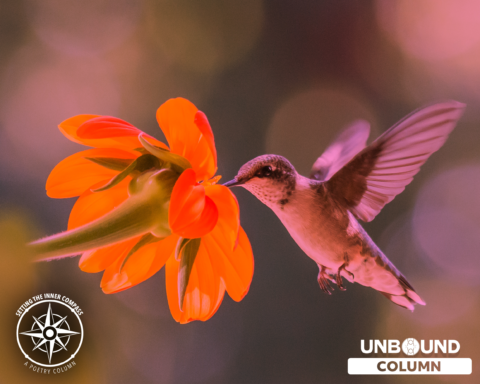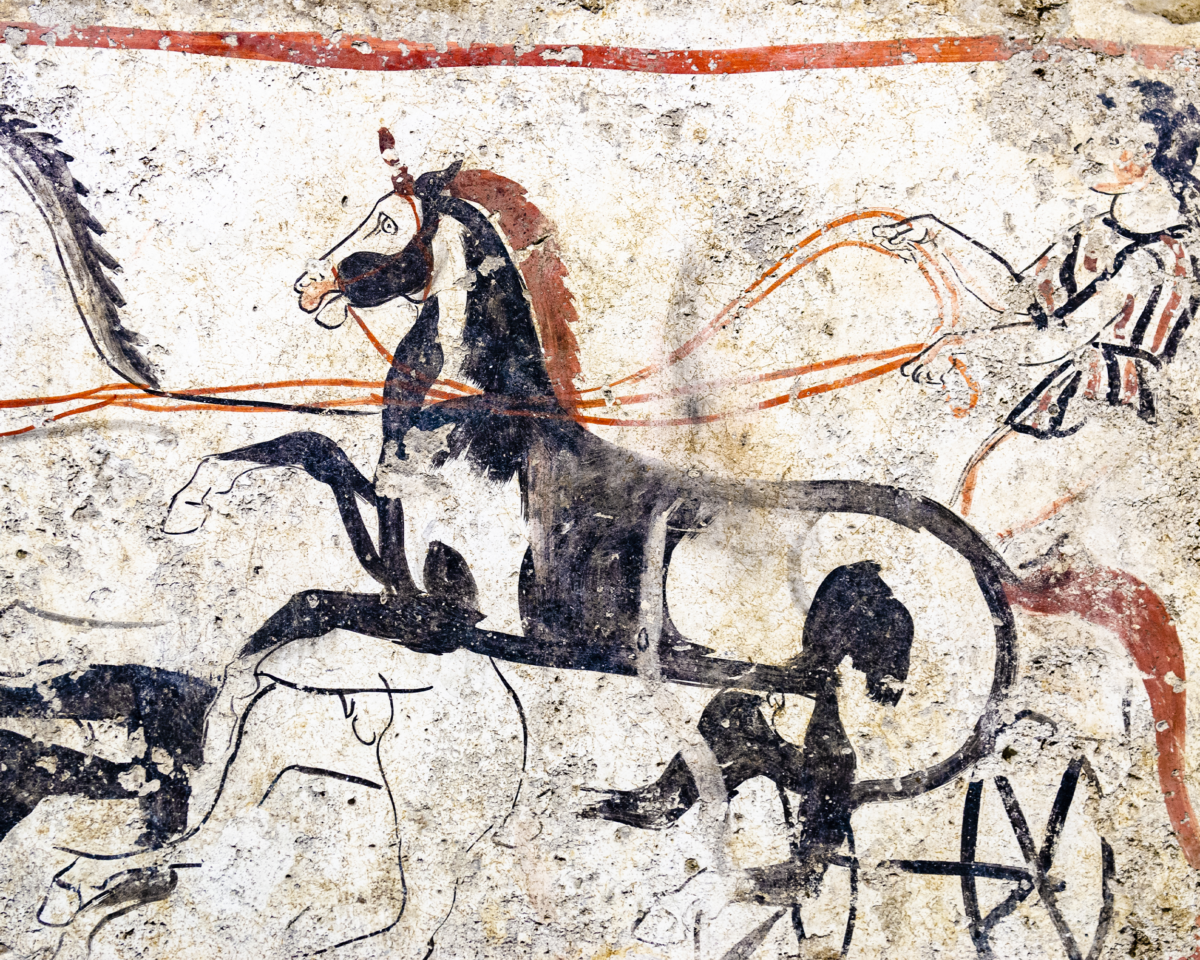Reading poetry is one of the ways some of us nourish our faith, a way we set or reset our inner compass and stay focused on the big picture, on the spiritual journey. This month’s ‘Setting the Inner Compass’ is about Jane Kenyon and offers two of her poems. Jane Kenyon was born in Ann Arbor in 1947. She died in April 1995 after a fifteen-month struggle with leukemia. Her poems reflect both her struggle with depression and her faith. The New York Times review of her last collection, Otherwise: New and Selected Poems, talks about her Christian faith this way, “In ecstasy Kenyon sees the world as a kind of threshold through which we enter God’s wonder.” Both poems in this column are from her book Otherwise.
Jane Kenyon’s faith journey may sound familiar to some of us. She was driven away from the church and faith by her grandmother’s obsession with faith and constant talk of hell. By the time she was in high school, she believed one could not be an intellectual and a Christian. In 1972, Jane Kenyon married poet Donald Hall, and in 1975, they moved to his grandmother’s house in New Hampshire. On their first weekend at his grandmother’s house, Hall shared that their neighbors would expect them to show up at the local church. It was a social obligation. The story goes that the sermon they heard that Sunday included a quote by the poet Rainer Maria Rilke. This caught Kenyon’s attention. They became church regulars. Kenyon eventually became church treasurer. “Within a short time,” she notes in an interview with Bill Moyers, “I discovered that I had an enormous spiritual hunger that I knew nothing about.”
Her Christian faith informed her poems as did her illness and struggle with depression. The first poem below, “Otherwise,” reflects her profound awareness of her own mortality and her ability to pay attention and see something sacred and luminous in a simple day. Especially in this difficult season “Otherwise” resonates with me. The second poem is both beautiful and challenging. She paints a picture and then, at the end, asks a haunting question. I write this in this season of pandemic. I am in the Pacific Northwest where the air quality is unsafe due to the fires up and down the west coast. I am aware of the vulnerability of the planet. Alone and in community I pray we will hear the words of Christ Jane Kenyon uses to end the poem, “Back from the City” and respond.
Peace,
Dave
THE POEMS
Otherwise by Jane Kenyon
I got out of be
on two strong legs.
It might have been
otherwise. I ate
cereal, sweet
milk, ripe, flawless
peach. It might
have been otherwise.
I took the dog uphill
to the birch wood.
All morning I did
the work I love.
At noon I lay down
with my mate. It might
have been otherwise.
We ate dinner together
at a table with silver
candlesticks. It might
have been otherwise.
I slept in a bed
in a room with paintings
on the walls, and
planned another day
just like this day.
But one day, I know,
it will be otherwise.
Back from the City by Jane Kenyon
After three days and nights of rich food
and late talk in overheated rooms,
of walks between mounds of garbage
and human forms bedded down for the night
under rags, I come back to my dooryard,
to my own wooden step.
The last red leaves fall to the ground
and frost has blackened the herbs and asters
that grew beside the porch. The air
is still and cool, and the withered grass
lies flat in the field. A nuthatch spirals
down the rough trunk of the tree.
At the Cloisters I indulged in piety
while gazing at a painted lindenwood Pieta–
Mary holding her pierced and desiccated son
across her knees; but when a man stepped close
under the tasseled awning of the hotel,
asking for “a quarter for someone
down on his luck,” I quickly turned my back.
Now I hear tiny bits of bark and moss
break off under the bird’s beak and claw,
and fall onto already-fallen leaves.
“Do you love me?” said Christ to his disciple.
“Lord, you know
that I love you.”
“Then feed my sheep.”
Jane Kenyon, “Back From the City” and “Otherwise” from Collected Poems © 2005 by The Estate of Jane Kenyon. Reprinted with permission of The Permissions Company, LLC on behalf of Graywolf Press, www.graywolfpress.org
Rev. Dave Brown is the creator/host of Blues Vespers and a member of the PCUSA Public Education Roundtable. The Public Education Roundtable recently presented a webinar on its work, click here to view.
Dave along with Rabbi Ted Falcon and Imam Jamal Rahman offer programs about Interfaith in the Pacific Northwest as the PNW Interfaith Amigos. He is the former pastor of Immanuel Presbyterian Church, Tacoma.






Unbound Social